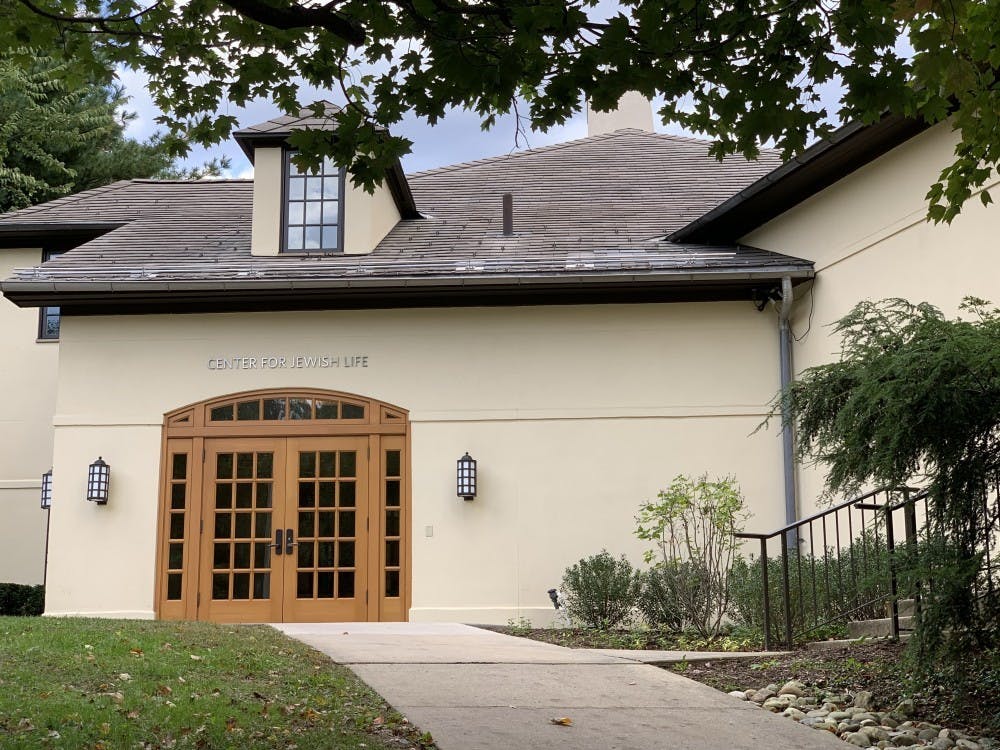Opinions are delicate creatures. Frequently asked for, seldom remembered, the opinion lives on its candor or provocativeness. Opinions lose themselves somewhere in the purgatory between conviction and statement and have the ability to create a martyr or destroy a statesmen.
When I talk about opinions, I’m not referring specifically to that which I am writing now, but to the thousands of statements, large and small, that we make about the world each day. Everything from the what’s-your-favorite-superhero-power icebreaker to the presidential-candidate-preference tally creates a link between ourselves and the subject of our opinion, a link that wasn’t there before. When we give our opinion we let out a little more about our true selves than was previously there; the listener knows a new fact about us that flavors who we are. At least, that’s how opinions are commonly framed.
But, increasingly, I find that the response I give when someone asks for my opinion is much more revealing about the person who asked than it is about me. I end up trying to align myself to the opinion-asker’s camp. Many times my opinion, instead of being a revealed truth about my preferences, turns out to be a social phenomenon.
Let me explain. This Friday, someone asked me what I thought about the scandal with Lance Armstrong. To be perfectly honest, my investment in the subject was one skimmed article away from zilch. Did he dope? Did he not? Did I care? I did not. Nevertheless, I appreciated the fact that someone I respect thought my opinion worth asking, so I scrambled to think of something to say.
With no conviction of my own, I fished around for hints as to what the other person thought. If she hated Lance, so would I; if she believed he deserved to keep his victories, I would too. With no vested interest in the subject, I was prepared to qualify my answer into the path of least social resistance. In short, I formed a social opinion, one that validated the asker’s opinion since I had none of my own.
But the experience really nettled me. Why did I feel the need to make it seem like I cared more about the subject than I did? And why did I feel so uncomfortable when asked a simple question about something going on in the news? As a self-appointed opine-er, I found it off-putting to see the arbitrariness with which I often form opinions in social settings.
People ask each other’s opinions in all types of situations. In some, we have a strongly held belief that is easily expressed as a conviction, as a truth about ourselves. But, in many cases, we are asked our opinions about subjects that don’t really form a strong basis of who we are. In these situations, the easiest thing to do is agree with the opinion-taker. That is not to say that forming social opinions is the right thing, nor that it is the smartest thing to do, but simply that it is something I do more than I would like.
This idea of a social opinion is important to me because I value opinions so highly. While I do form social opinions on more occasions that I am comfortable, I also shy away from questions of opinions. Because opinions are treated as fact, I am wary to express any half-baked opinions while giving a campus tour or in a precept. If the only thing someone will know about me is the opinion I express in the hour I spend with them, I don’t want to express something that I don’t really believe. Because the listener is likely to take my opinion as pure fact, I don’t want to throw out an opinion; I instead want to argue a conviction. However, it is both easy for me to fall into the trap of the social opinion and difficult to hatch a full-fledged conviction.
I’m not saying that this applies to you. I’m not saying that you don’t have strong convictions that, once expressed, represent a truth about yourself. But if I’ve learned anything from this brief philosophical distraction, it’s that I should stop trying to guess what other people think and instead focus on what I believe.
That’s my personal opinion.
Rebecca Kreutter is a sophomore from Singapore. She can be reached at rhkreutt@princeton.edu.








